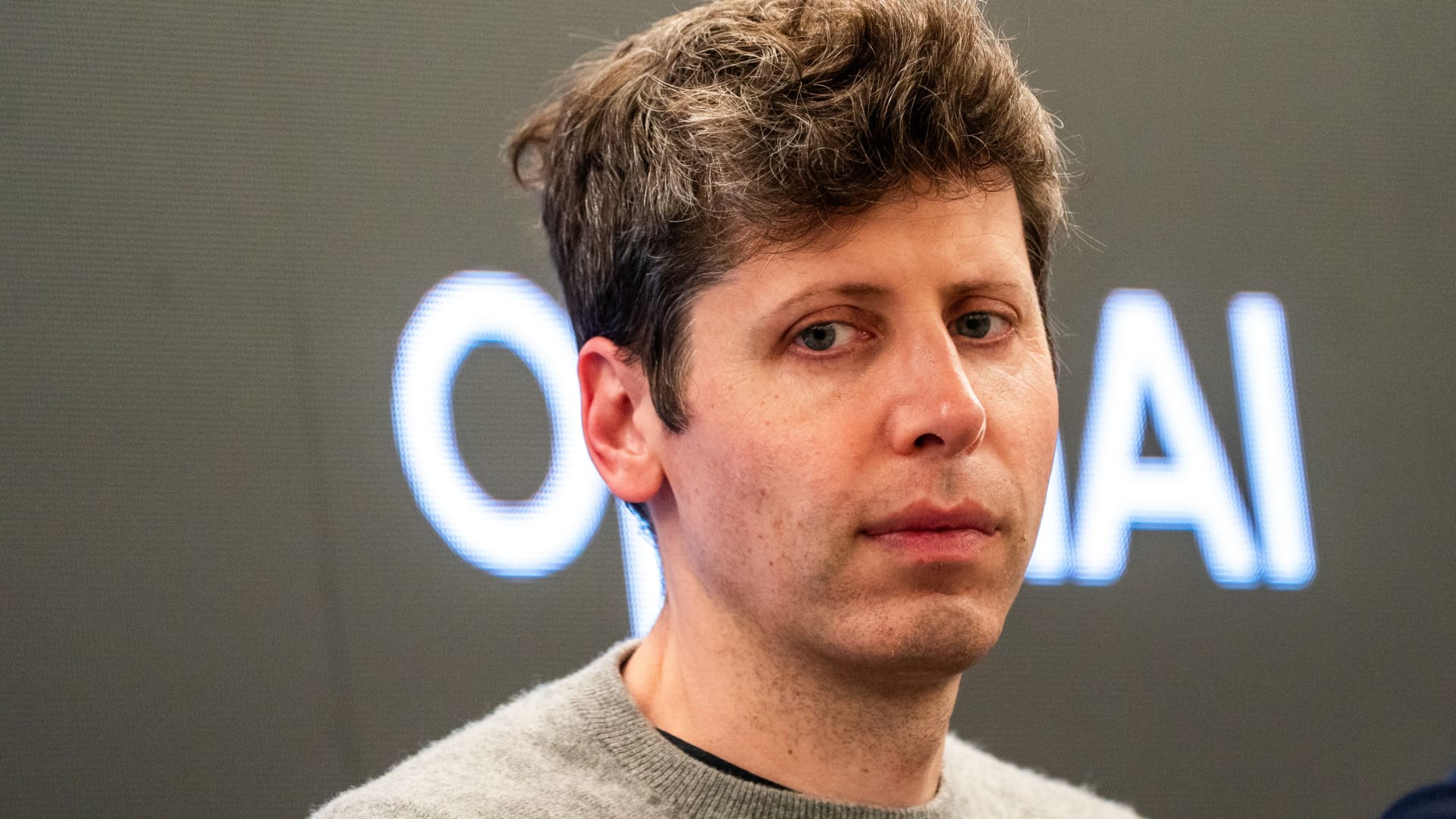Discover how OpenAI now lets adults opt in to erotica on ChatGPT with age verification. Sam Altman says the company will not be the world moral police, while stressing safeguards for child safety, privacy, and content moderation.

On October 15, 2025, OpenAI announced a major policy update that lets adults opt in to erotica on ChatGPT through an age verification process. CEO Sam Altman framed the change by saying OpenAI will not act as the world moral police, while also emphasizing default filters and layered safeguards to protect minors.
This update sits at the center of ongoing debates about AI content moderation, generative AI policy, and privacy. It asks a core question: can platforms deliver creative freedom for adults while maintaining robust child safety and privacy protections using scalable age verification and technical controls?
Opt in means a user must actively choose to enable adults only content rather than seeing it by default.
Age verification refers to any method that confirms a user is legally an adult. Options range from third party ID checks to other verification services. OpenAI has said specific verification technologies are still under review, and implementation will determine privacy and security trade offs.
For adults and creators this change signals more latitude to explore erotic creative use cases with generative AI, including interactive fiction and adult oriented media. For parents and regulators the announcement raises questions about verification accuracy and whether gate circumvention will be feasible.
Scaling reliable age verification is hard. Many options introduce privacy and data security concerns. If verification systems fail, regulators may step in with stricter standards. Search intent for queries like how OpenAI verifies age for adult content and ChatGPT adult content policy will likely spike.
Some observers view the move as pragmatic, helping OpenAI serve a broader adult audience while keeping default settings safe for minors. Others worry about reputational risk if high profile bypasses occur. Organizations should explore policy updates and compliance checks now.
Enforcement will need a mix of automated detection, human review, and clear policy rules. OpenAI will have to scale processes to handle appeals, false positives, and safety reports related to erotica content.
This decision echoes a wider industry trend toward granular content controls that let adults access more material while attempting to shield minors. The big unknowns are verification accuracy, privacy trade offs, and whether the approach can meet expectations for transparency and trust. From an E E A T perspective, publishers should cite policy sources, official statements, and expert analysis.
OpenAI allowing adults only erotica on ChatGPT, and Sam Altman saying the company will not be the moral police, highlights the tension between creative freedom and child safety. The rollout will be a test of whether age verification and layered safeguards can deliver both. Organizations should begin assessing content policies, verification requirements, and compliance risks now. Policymakers should clarify standards for verification and privacy to avoid a patchwork of rules.
Discover more about AI content moderation and privacy. Learn how to evaluate verification systems and protect minors while supporting adult creative freedom. Understand the trade offs and prepare for evolving generative AI policy.
Author note: This analysis aligns with platform governance trends in 2024 and 2025, where companies increasingly offer configurable user controls while facing pressure to demonstrate concrete safety outcomes.



